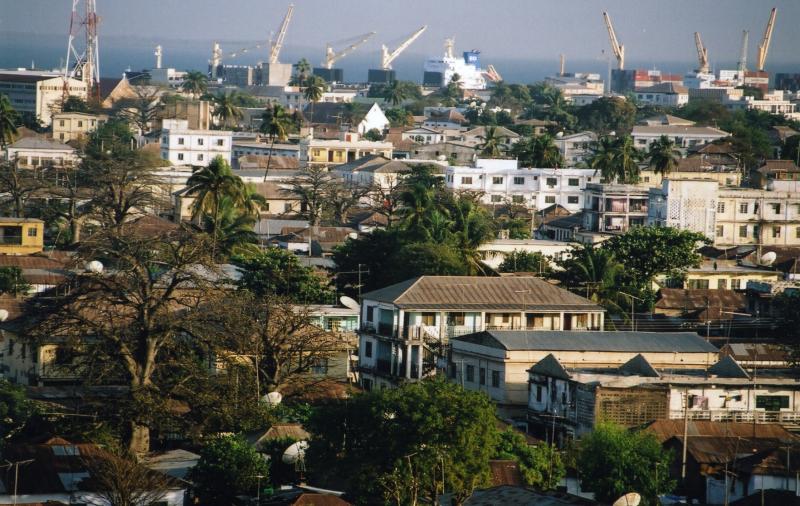Wednesday, 04/03/2026 | 00:21 GMT+7
The Ministry of Energy with support from the ECOWAS Center for Renewable Energy and Energy Efficiency (ECREEE) on 12 August, 2015 opened a two day workshop to validate the National Renewable Energy Action Plan (NREAP) and National Energy Efficiency Action Plan (NEEAP) for the Gambia.
The objective, according to organizers, is to present the action plans to the national stakeholders and gather their feedback on the targets and measures integrated in the plans and to officially validate the two action plan documents.
In his opening address, Dr. Sarja Sanneh, Minister of Energy, said his ministry has been looking inwards to utilize the indigenous energy resources to reduce the country's dependence on imported fossil fuels.
Dr. Sanneh said these resources include renewable energy and energy efficiency, adding that these are sustainable energy resources if judiciously exploited will go a long way to support the country's economic development.

"This is why under the umbrella of ECOWAS member states came together to cooperate in the development of energy resources of the region and it is under this cooperation program. ECOWAS, through its special agency on renewable energy and energy efficiency called ECREEE, is working with member states for the development of national action plans for renewable energy and energy efficiency within the framework of SEE4ALL," said the energy minister.
He said the availability of a reliable system of energy supply that is efficient, affordable and environmentally sound is one of the vital components of The Gambia Government's development agenda which focuses on poverty alleviation and the achievement of Visions 2016, 2020 and MDGs.
With the recognition of the vital role played in the socio-economic development of the country, Minister Sanneh said, the Government of The Gambia has been doing all what is possible to provide the vital services of energy to the doorsteps of the communities in the country.
Hyacinth Elayo, Energy Policy Analyst from ECOWAS Center for Renewable Energy and Energy Efficiency (ECREEE), on behalf of the Executive Director of ECREEE, thanked the Gambia government for the impressive strides taken in the area of sustainable energy development.
"The partnership between ECREEE and The Gambia Government will complement The Gambia's efforts to increase energy access for our homes, businesses and industry and lead to greater socio-economic development," said Mr. Elayo.
He noted that the ECOWAS Regional Renewable Energy Policy aims to ensure increased use of renewable energy sources such as solar, winds, small-scale hydro and bioenergy for grid electricity supply and for the provision of access to energy services in rural areas.
The success of these action plans, said the ECREEE official, will require that they are based on national potentials and socio-economic assessments underpinned by concrete laws, incentives and measures as well as clear financing strategy and technically well designed interventions.
He reiterated ECREEE's firm commitment to supporting The Gambia to successfully implement action plans that are relevant to the country's sustainable energy development aspirations thus promising that they will continue to encourage all stakeholders, particularly the private sector and civil society to engage with this process.
The validation was held at the Boabab Hotel Resort in Bijilo.
Anh Tuan







